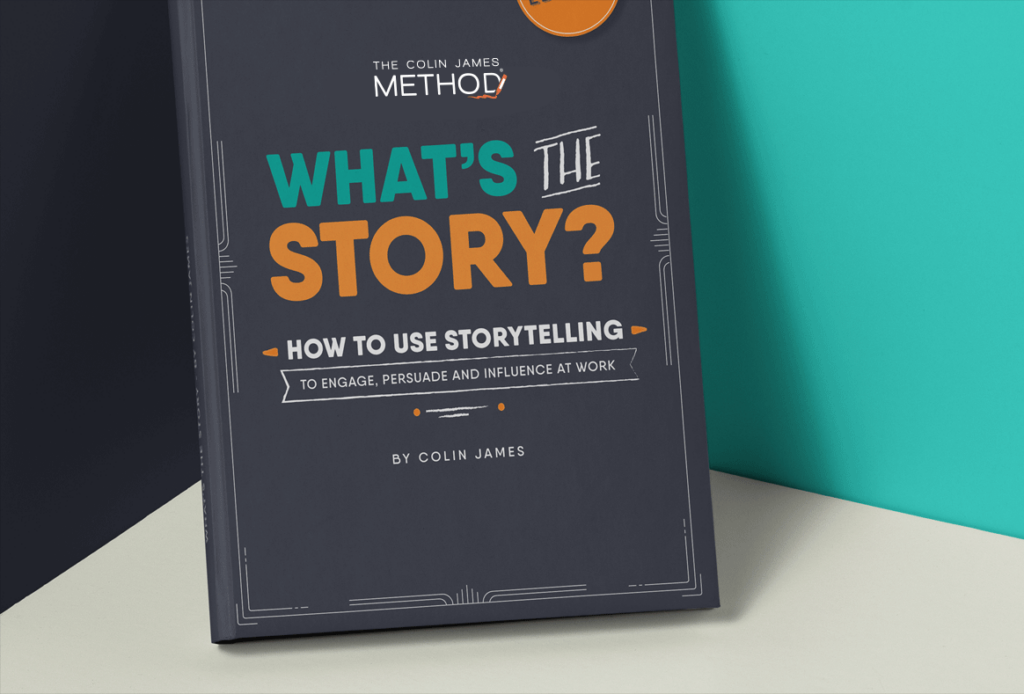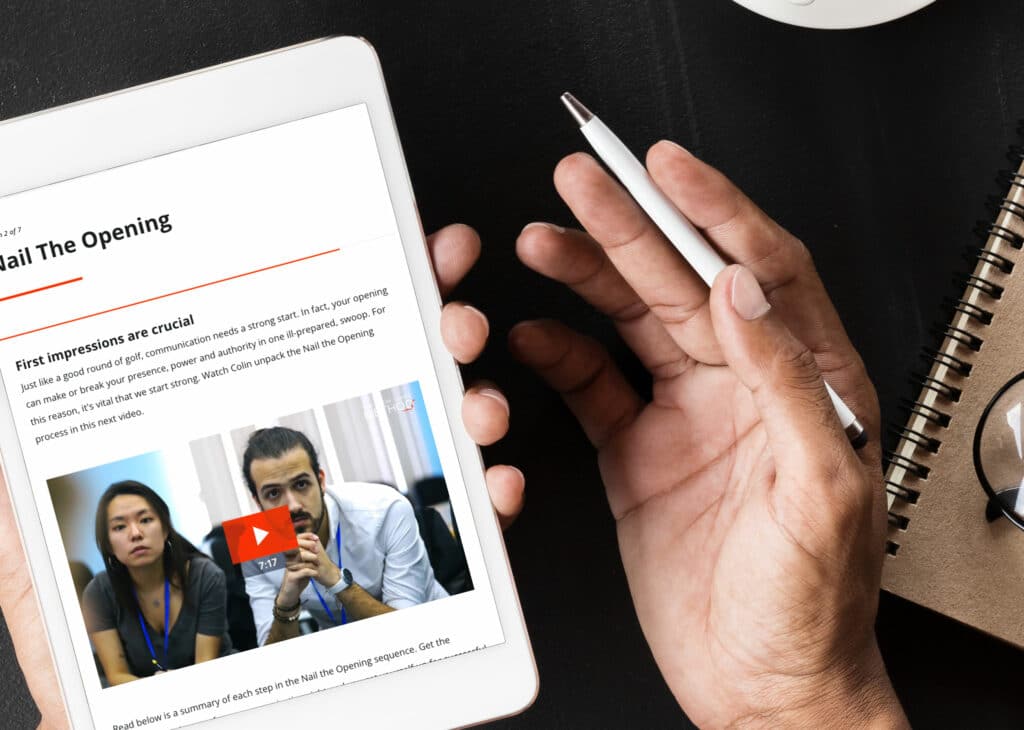At a recent banking conference I was talking to a group of participants, when the head of the retail bank arrived to do the meet and greet thing. The five people around me immediately tensed up. Their voices changed, becoming tighter and more self-conscious. Their movement was more formal and mannered. The senior executive was younger than all of them. I also know that one of the women had far more international banking experience.
So why did they all suddenly become so self-conscious?
Do you get nervous speaking to the senior leadership team at work? Perhaps presenting to the executive board makes your knees weak and mouth dry?
You’re not alone. Most of us place ourselves in a reduced position when it comes to influencing up – advising our superiors.
Sometimes this is because we:
- Feel inferior to those working at a higher level
- Assume we are less experienced than the senior team and think they see us as new or naïve
- Are afraid we might ‘get it wrong’
- Assume that there must be some rules around how we’re ‘supposed’ to behave
The question is – how do you get yourself into the most appropriate, supportive state so you can:
a) Deliver the message appropriately
b) Get the outcome you want
c) Demonstrate confidence to the leadership team
How To Confidently Influence Up
Think about this: hierarchy is just a human construct. Remember, your leaders are human beings! They have the same issues, anxieties and doubts as you do.
From an early age we are taught the notion of hierarchy – parents to children, teachers to students. Then we join the workforce and it’s clear that there are the managers and managers’ managers and up it goes.
So we make assumptions (usually unconsciously) that we are inferior and our superiors are supreme beings who know all. Of course, we know that’s not the case.
We’re all making it up as we go along. Your job is to bring value, enrichment, insight and a deeper understanding to those around you. They wouldn’t ask you to be there if they didn’t think you could add value.
So let’s look at how you can improve your speaking and influence up without fear:
Change Your Mindset
What do you bring? It’s the value thing. The next time you have to present or talk to a senior exec (nominally called a leader), think this:
“We are both adults together trying to do something to improve our situation here. I am here to add to this conversation, support them in their decision-making and bring value and insight.”
You are a contributor, a participant in the dialogue and an important resource. You are no lesser than or greater than this person, just as one tree is no greater or lesser than another. Having this mindset can cause confidence to naturally emerge. This is the mindset of equality.
Best of all, when you think like this you can bring compassion to the situation. You could have more awareness of their position and responsibilities, and the pressures they are under. When you act with compassion, and see yourself as using meaningful and valuable communication to help them, you will go into the situation feeling more relaxed and self-assured. We call this the quality of equality.
5 Top Tips for Influencing Up
Here are five other proven ways to influence with power:
- Avoid the ‘too much detail’ trap – start simply and only add information when they ask for it
- Use a level, strong collegiate tone of voice – speak peer to peer, assume equality and maturely show your manager the value you can bring to the conversation
- Adopt a posture of excellence – stand/sit tall, keep your shoulders back and head up
- Speak English – avoid vacuous corporate speak and keep it real
- Outline next steps – what you recommend we should do now – and why the organisation should do it
You can also practice the 3Ps, which are explained in the post Is Your Voice Losing You Business?
Want more insights on influencing seniors? In the Mastering Communication Program, we delve deeper into advanced leadership skills to use in any situation. Join today.

The Colin James Method® Facilitators train corporate executives to improve their professional development with a proven methodology. Our highly trained Facilitators and Coaches are recognised for their experience in their fields and have worked with many individuals and organisations around the world to master the art of communication.










